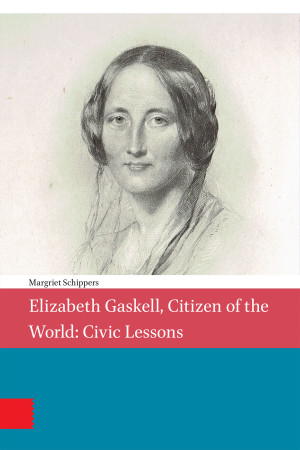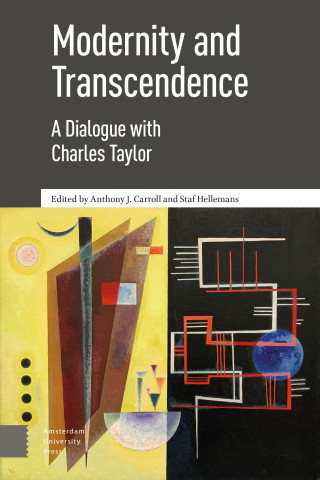Writing was Gaskell's campaigning tool, used for educational, networking and fundraising purposes. Though telling stories was her 'one talent', it took second place to imparting civic lessons. Gaskell's writing career encompassed major upheavals such as the revolutionary year 1848, the Crimean War, the American Civil War, the Lancashire Cotton Famine, and rapid industrial and social change, and her works are seen to interact with current events. This thesis demonstrates that Gaskell's fiction and non-fiction, essays, short stories and novels work together and develop themes across time. Her wide variety of genres and themes are explained by the fact that she, like her forbears the eighteenth-century rational Dissenters, aimed to bring about a more just and inclusive society.
In order to comment on current events, Gaskell used historic examples of injustice and social problems from a wide range of countries. She also repeatedly evoked earlier social critics' work through quotes and allusions, and transformed it into a civic message for her own time. The thesis shows how Gaskell's philanthropic, social and literary works inform one another, and how interaction with social critics and reformers such as William and Mary Howitt, Dickens, Charlotte Brontë, Florence Nightingale, F.D. Maurice and the Christian Socialists, Mme Mohl and her French acquaintances, Charles Eliot Norton, Maria Susanna Cummins and J.S. Mill influenced her.





